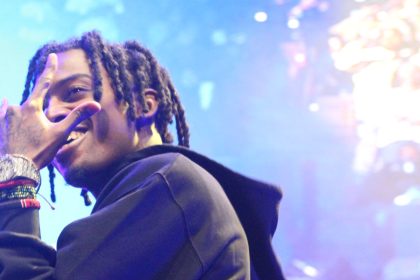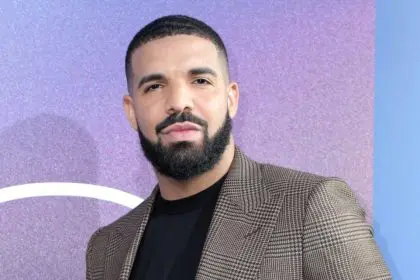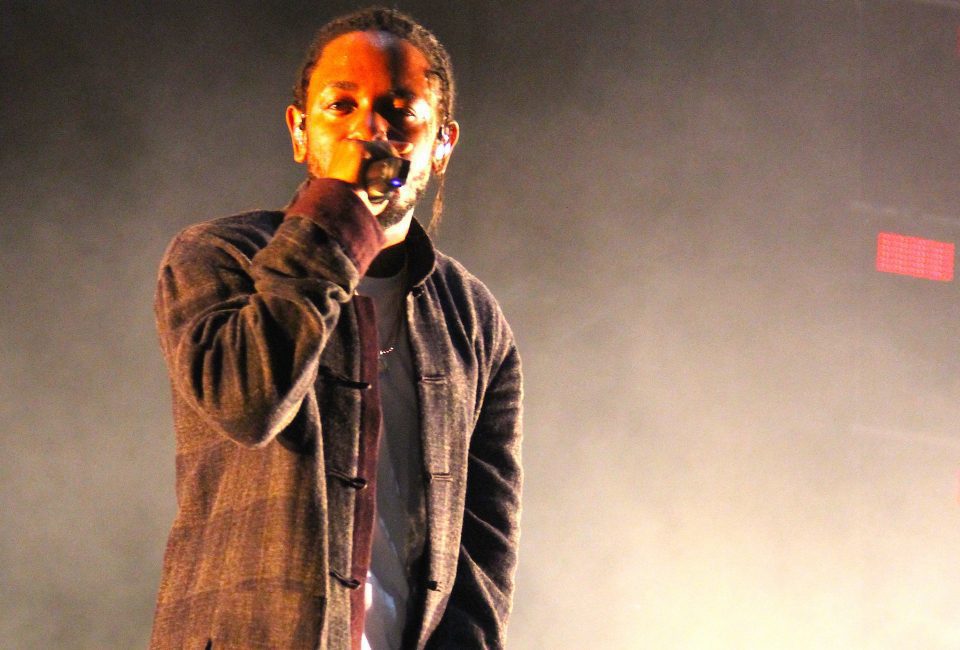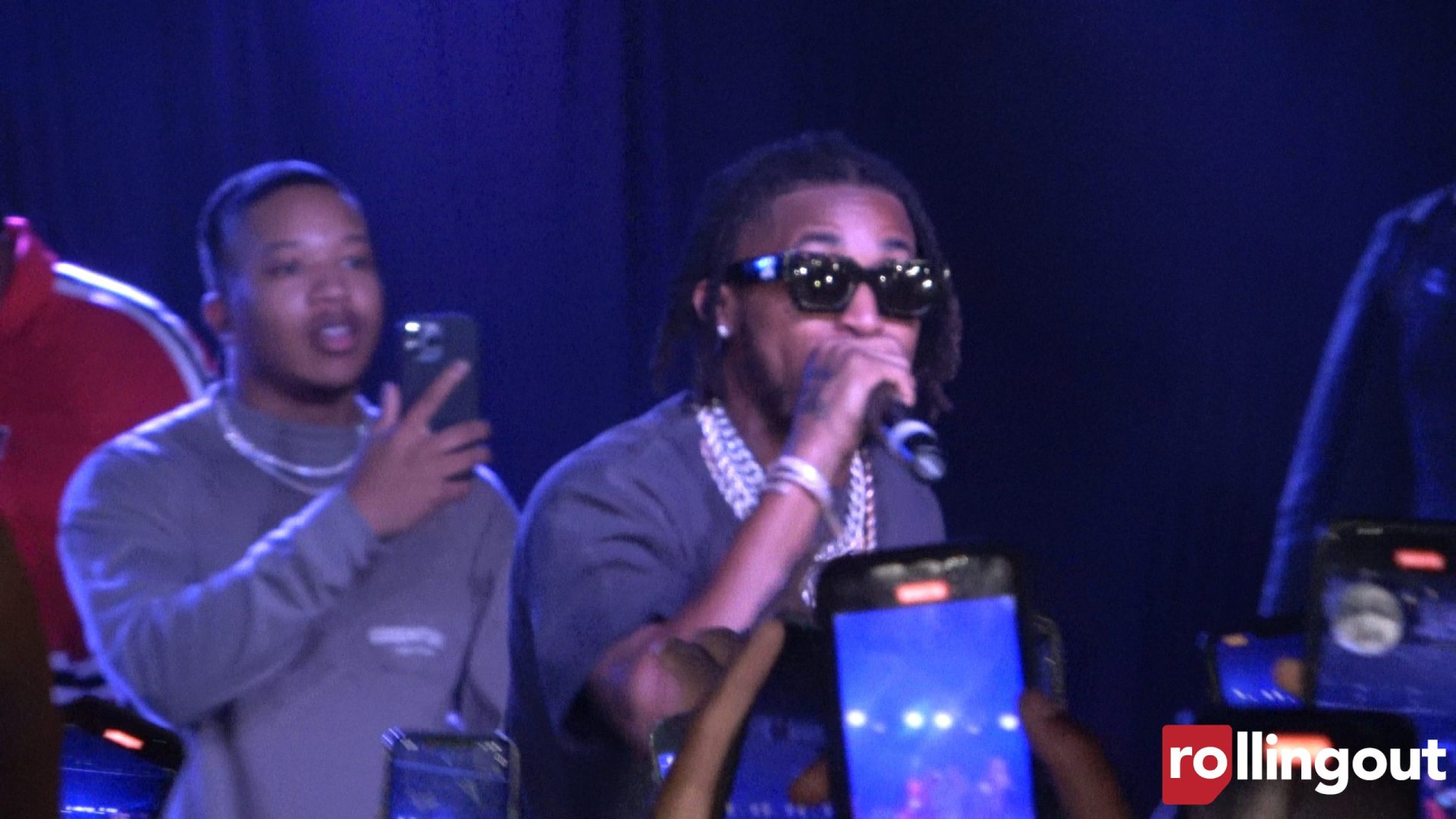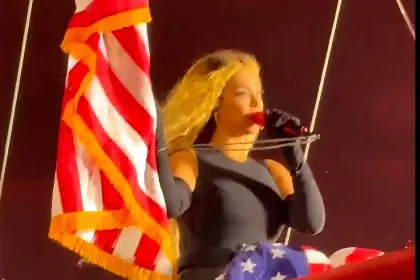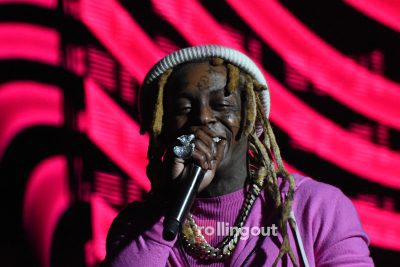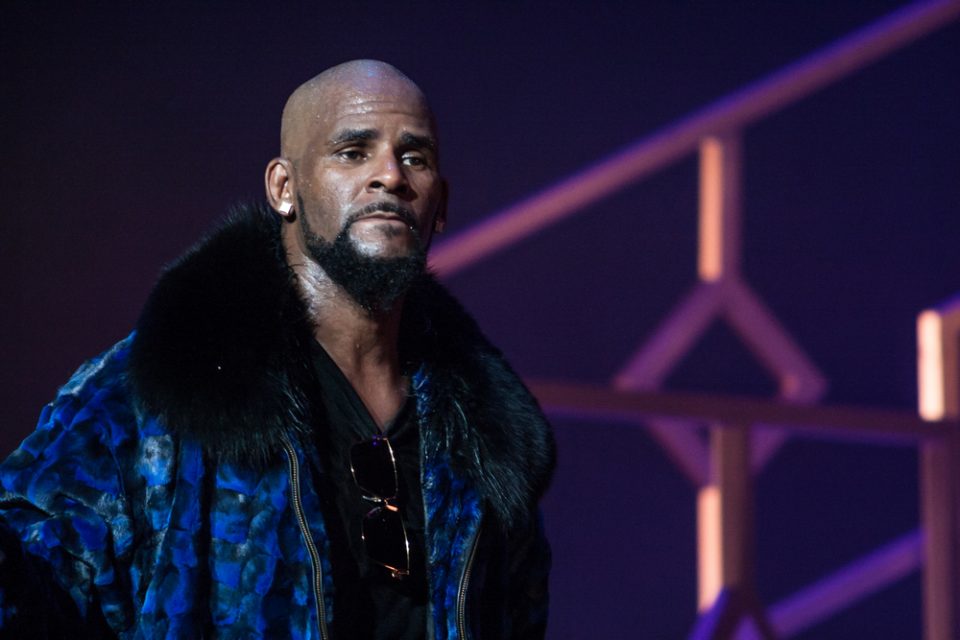
You can “Bump n’ Grind” with R. Kelly again if you’re a Spotify loyalist. In May, Spotify announced they would stop promoting or recommending music by artists whose content or conduct it deemed to be offensive.
I need to go somewhere and show off this #MuteRKelly press shoot face beat!! pic.twitter.com/mBfUP5sVjj
— Oronike Odeleye (@SuiteLadyOro) June 2, 2018
Oronike Odeleye and Kenyette Tisha Barnes created the now-viral #MuteRKelly hashtag. When Spotify announced they would in fact mute R. Kelly, Odeleye was singing their praises, saying on social media she was “awe-struck” that Spotify had “decided to take this moral stance against R. Kelly’s amoral behavior. Hopefully it’s a domino effect with the other streaming services.”
In 2008, R. Kelly was acquitted of child pornography charges. He has been accused of sexual misconduct for over a decade. The pied-piper is back on the Rap Caviar Playlist.
They published a statement backtracking their original decision and published in their online newsroom on Friday, June 1:
Spotify recently shared a new policy around hate content and conduct. And while we believe our intentions were good, the language was too vague, we created confusion and concern, and didn’t spend enough time getting input from our own team and key partners before sharing new guidelines.
It’s important to note that our policy had two parts. The first was related to promotional decisions in the rare cases of the most extreme artist controversies. As some have pointed out, this language was vague and left too many elements open to interpretation. We created concern that an allegation might affect artists’ chances of landing on a Spotify playlist and negatively impact their future. Some artists even worried that mistakes made in their youth would be used against them.
That’s not what Spotify is about. We don’t aim to play judge and jury. We aim to connect artists and fans – and Spotify playlists are a big part of how we do that. Our playlist editors are deeply rooted in their respective cultures, and their decisions focus on what music will positively resonate with their listeners. That can vary greatly from culture to culture, and playlist to playlist. Across all genres, our role is not to regulate artists. Therefore, we are moving away from implementing a policy around artist conduct.
The second part of our policy addressed hate content. Spotify does not permit content whose principal purpose is to incite hatred or violence against people because of their race, religion, disability, gender identity, or sexual orientation. As we’ve done before, we will remove content that violates that standard. We’re not talking about offensive, explicit, or vulgar content – we’re talking about hate speech.
We will continue to seek ways to impact the greater good and further the industry we all care so much about. We believe Spotify has an opportunity to help push the broader music community forward through conversation, collaboration and action. We’re committed to working across the artist and advocacy communities to help achieve that.


